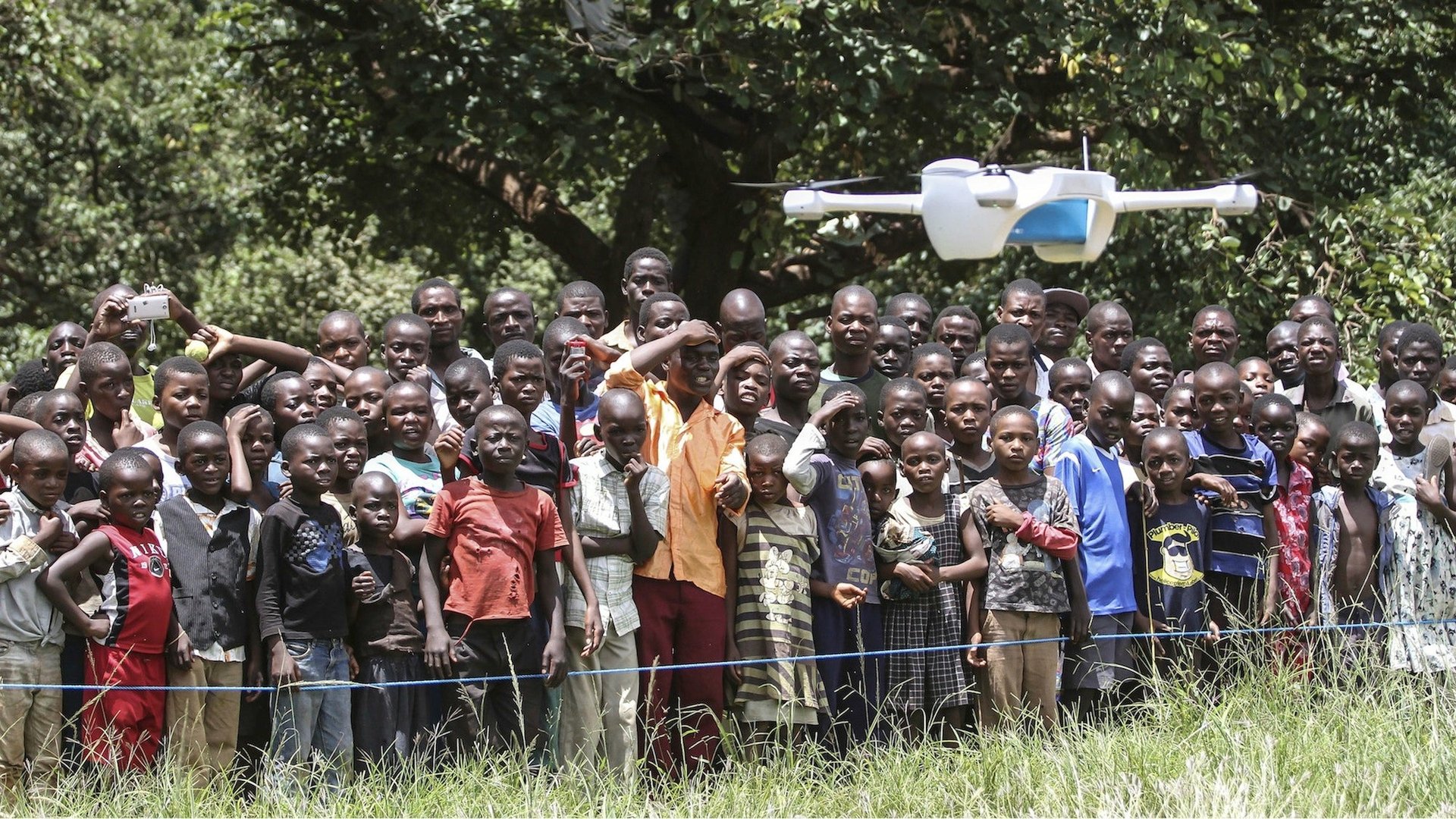Kenya has approved the commercial use of drones
Flying a drone will soon be legal in Kenya, which has effectively banned the use of unmanned aerial vehicles for anyone outside of the military for the past two years. A spokesperson for the Kenya Civil Aviation Authority (KCAA) said that draft regulations for the commercial use of drones had been approved by security officials. The agency said details of the law would be released soon.


Flying a drone will soon be legal in Kenya, which has effectively banned the use of unmanned aerial vehicles for anyone outside of the military for the past two years. A spokesperson for the Kenya Civil Aviation Authority (KCAA) said that draft regulations for the commercial use of drones had been approved by security officials. The agency said details of the law would be released soon.
The approval comes as regulators elsewhere in Africa have tightened restrictions on UAVs. In Ghana, flying an unregistered drone is punishable by up to 30 years in jail. In Nigeria, operators require permits from the aviation authority as well as the office of the National Security Adviser (the process of getting a permit costs up to $4,000).
Elsewhere on the continent, drones are being deployed for HIV tests in rural areas of Malawi and commercial deliveries in Rwanda.
In Kenya, as drones grew in popularity among hobbyists and tech entrepreneurs excited about their potential applications for aid relief, agricultural surveys, and e-commerce, regulators put in place vague restrictions that effectively served as a ban. Drone operators were required to get approval from the ministry of defense and the KCAA, in a complex process that almost never resulted in a license, according to Moses Gichanga, founder of Autonomous Systems Research, a Kenya-based tech consultancy.
“This will actually be the first time that drones are legal in Kenya. Everybody who’s been flying up to now has been flying illegally,” says Gichanga. Penalties for unauthorized drone use include a fine of 500,000 Kenyan shillings (about $5,000) and a jail term of up to three months.
Previous drafts of the proposed regulations, based on the International Civil Aviation Organization’s drone policy, required that commercial drone owners got approval from the ministry of defense and employed trained pilots. Individuals could operate drones as long as they registered with authorities and were part of a club or association, according to the drafts. The final version of the regulations has not been released yet.
Other issues that will have to be clarified include what constitutes a drone—some hobbyists build their own—as well as the maximum weight of crafts, fuel-use restrictions, and what height drones can be flown, according to Gichanga. “It may end up being a hindrance,” he says. “It’s sort of really really not clear how this is going to play out.”